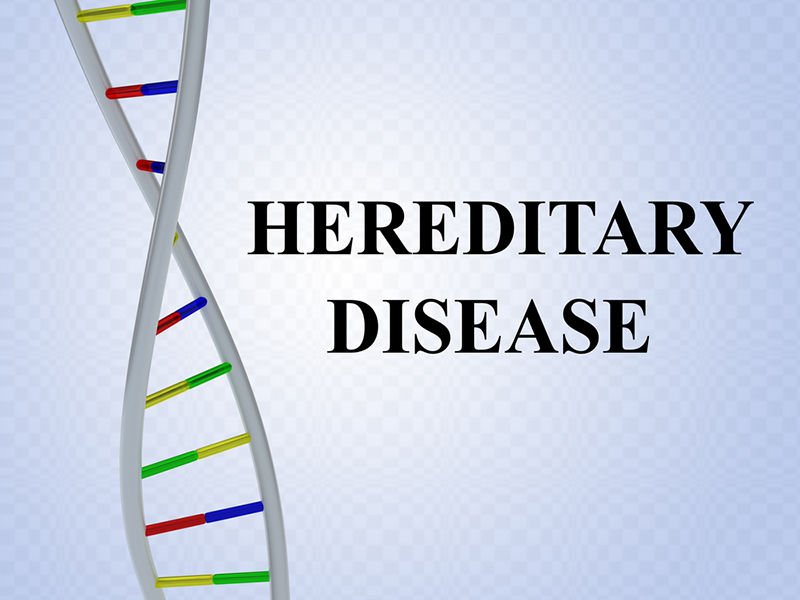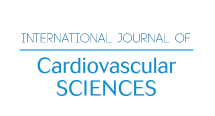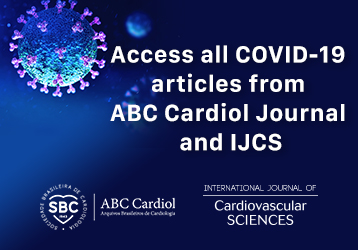Volume 33, Nº 4, July and August 2020
DOI: https://doi.org/10.36660/ijcs.20200192
EDITORIAL
Identification of Preclinical Markers Related to Hereditary Diseases: Expanding the Horizons of the Study of Cardiac Autonomic Modulation
Nágela Nunes
Paulo R. Benchimol-Barbosa

The Autonomic Nervous System (ANS) consists of two opposite pathways (sympathetic and parasympathetic) that have action both on the atrial and ventricular myocardium, as well as on atrioventricular and sinus nodes, thus exerting influence on the variation of heart rate (HR). The increase in HR is a consequence of the greater action of the sympathetic pathway and the lower parasympathetic activity (vagal inhibition), while its reduction basically depends on predominance of vagal activity. The influence of ANS on the heart is dependent on information that departs, among others, from baroceptors, chemoreceptors, changes in the respiratory system, vasomotor system, renin-angiotensinaldosterone system and thermoregulatory system.
Keywords: Autonomic Nervous System/complications; Diabetes Mellitus/complications; Autonomic Denervation; Genetic Diseases, Inborn; Adolescent.











